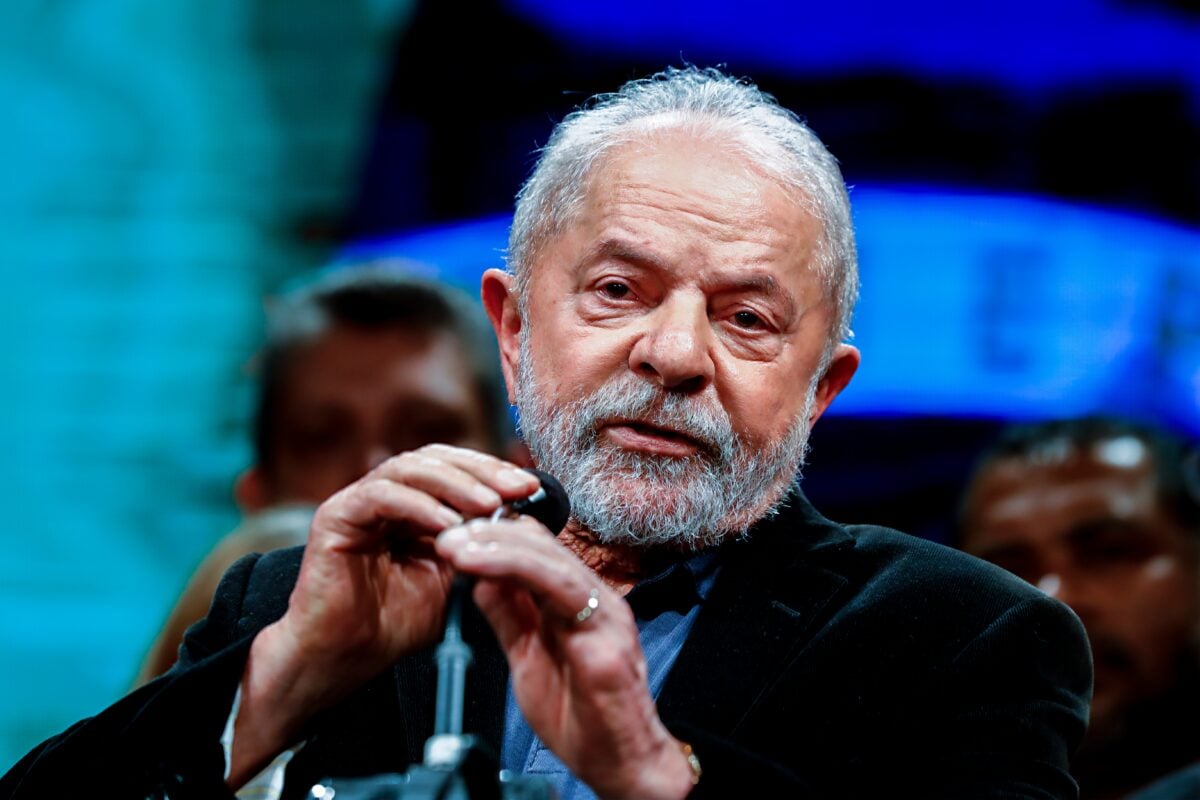TLDRs;
- TikTok plans a $10B data hub in Brazil’s Ceará, making it one of the country’s biggest tech investments.
- President Lula met TikTok’s CEO in New York, signaling government-level discussions about the project’s approval.
- Indigenous groups and activists oppose the plan, citing land rights disputes and water resource concerns.
- The move comes as TikTok faces global political pressure, including a U.S. deal potentially involving Oracle.
Brazil is emerging as a key battleground for global tech investment, with TikTok’s parent company, ByteDance, considering one of its most ambitious projects yet: a multibillion-dollar data center in Ceará.
Earlier this week, President Luiz Inácio Lula da Silva met with TikTok CEO Shou Zi Chew in New York to discuss the potential $10 billion venture.
The project, still under negotiation since April, could cement Brazil as a digital hub for Latin America. Officials estimate the planned data campus at the Pecém Industrial and Port Complex could attract up to R$55 billion (US$10.3 billion) in investment. If approved, it would become one of the largest technology infrastructure projects in the nation’s history.
Strategic Location and Renewable Energy
Ceará, in northeastern Brazil, is seen as a prime candidate due to its abundant renewable energy supply and access to critical submarine internet cables. These factors make it an attractive location for TikTok’s data storage needs as the platform expands globally.
Supporters of the project argue it could stimulate regional development, create high-tech jobs, and position Brazil as a digital economy leader. Officials in Ceará have insisted that environmental standards are being followed and that necessary permits for the development are in place.
Indigenous and Environmental Concerns Surface
Despite its promise, the proposed site has ignited controversy. Indigenous groups and environmental advocates argue that the project threatens local water resources and risks encroaching on traditional lands.
While the state government maintains that the land earmarked for development is not formally recognized as Indigenous territory, activists say the project disregards longstanding land rights and ecological concerns.
The clash reflects a broader global tension between economic development, environmental stewardship, and Indigenous sovereignty.
TikTok Under Pressure
The Brazilian negotiations come at a time when TikTok faces mounting global scrutiny. Just last week, reports of a preliminary agreement between the United States and China over TikTok’s operations boosted Oracle’s stock price.
Under the deal’s framework, Oracle and other investors would reportedly take majority control of TikTok’s U.S. operations, with Oracle managing American user data.
The Brazilian data hub plan underscores TikTok’s push to secure its international infrastructure while navigating political and regulatory hurdles. Analysts note that the investment could be part of a broader strategy to safeguard the platform’s resilience against geopolitical risk.
Looking Ahead
With Lula’s administration signaling support for large-scale digital infrastructure, the TikTok deal could represent a watershed moment for Brazil’s tech ecosystem. However, the controversy over Indigenous rights and environmental costs may prove to be a stumbling block.
Whether TikTok moves forward with the Ceará project will depend on balancing corporate ambitions with local resistance, a dilemma increasingly common in the global race for data dominance.







